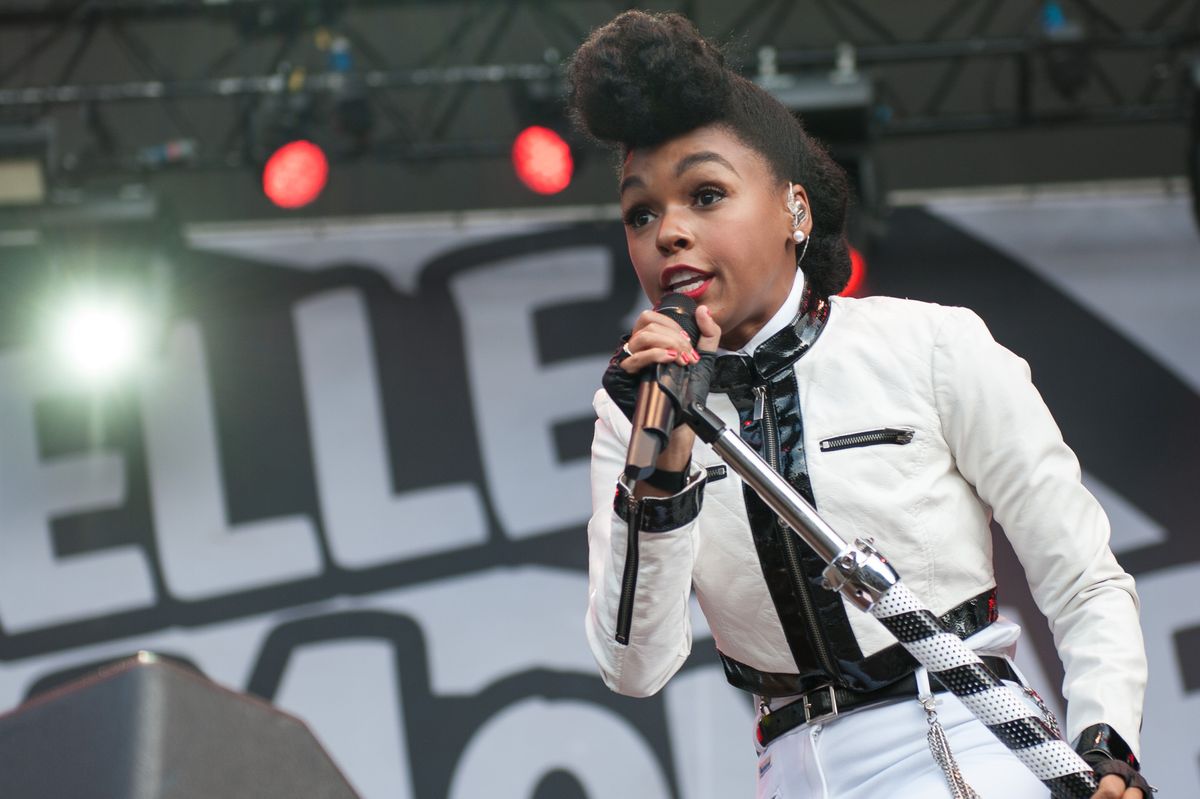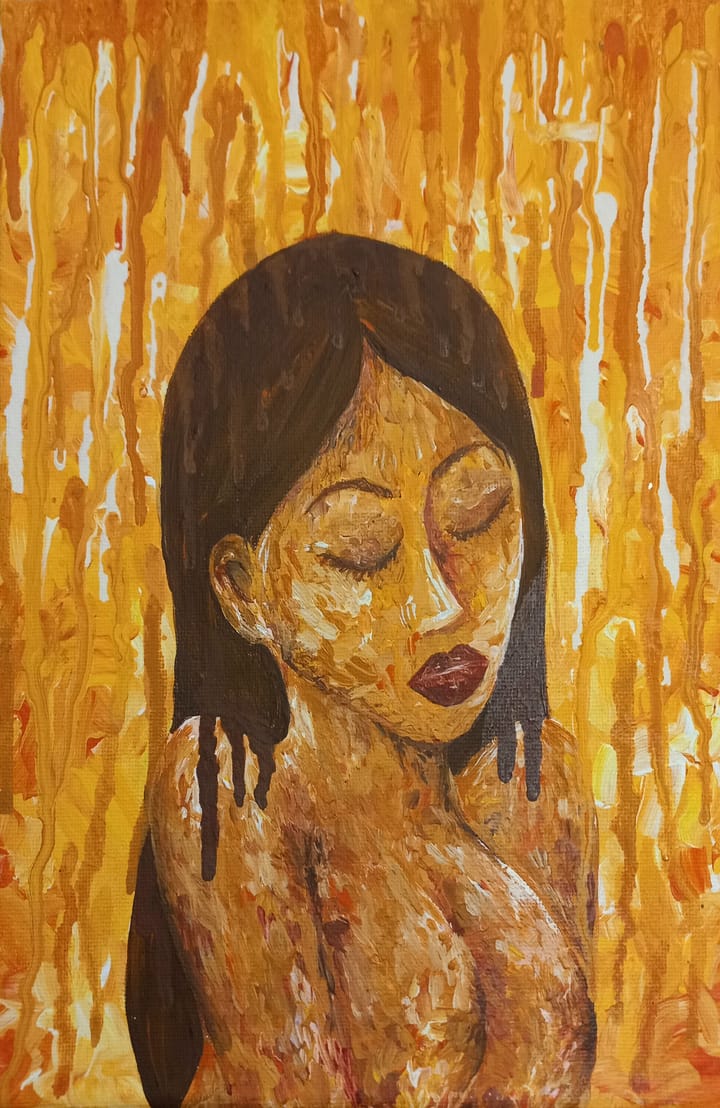Monáe’s Work Makes Waves for Women and Communities of Color

In anticipation of her upcoming album, “Dirty Computer,” which will be released on April 27, Janelle Monáe began releasing songs in late February. In addition to the audio album, Monáe will release “Dirty Computer: An Emotion Picture,” a dystopian film starring Monáe herself. So far, the music and visuals from “Dirty Computer” are stunning, beautiful and vulnerable.
“Dirty Computer” is Monáe’s first solo album in five years. Monáe has described the album as ultimately being about herself, saying the album “scared me because many of the things I needed to say were very deep, very personal, from the heart.” Her album is deeply personal and deals with multiple aspects of her identity as a black woman who has expressed sexual fluidity. While ultimately personal, her songs are also political, since proudly celebrating her blackness, femininity and queer identity in a white, patriarchal America is itself a political statement.
The first two songs from “Dirty Computer” that Monáe released were “Django Jane” and “Make Me Feel,” both of which were released with accompanying music videos.
“Django Jane” and its music video proudly assert Monáe’s many accomplishments. She described the piece as “a response to me feeling the sting of the threats made to me as a woman, as a sexually liberated woman, as a black woman.” She has said that wants to support black women and those who have been “othered” or marginalized by society.
Monae raps all of the lyrics to “Django Jane,” referencing her many achievements, including her involvement in “Moonlight,” which won an Oscar, as well as the many things she still wants to do. The accompanying music video features beautiful dark colors, with Monáe either sitting on a throne at the head of a table or standing and looking into the camera. While declaring her accomplishments and dreams, she simultaneously honors her roots as the child of working-class parents.
As a well-known advocate for women, particularly black and/or queer women, she raps,“Hit the mute button, let the vagina have a monologue.”
The next song, “Make Me Feel,” has been hailed by many as a “bisexual anthem.” Both the sound and the music video echo Prince’s song “Kiss,” as anthems of sexual liberation. While highly sexual, neither the song nor video play to a male audience, and the music video does not show off women’s bodies for the male gaze. Rather, Monáe dances and sings in the video, seemingly emotionally split between a woman, played by Tessa Thompson, and a man, essentially telling the listener that her sexuality is her business.
She then released “Pynk,” which features Grimes, on Tuesday, April 10 with another accompanying music video. The song itself is a beautiful and stripped-down anthem to womanhood and women’s sexual liberation. However, it is the music video which has received the most attention, particularly for its “vagina pants” which Monáe and several, though not all, of her backup dancers wear. The costume design (of vagina pants and “non” vagina pants) celebrates the female body in all of its forms. She later tweeted that this song aims to “celebrates US (no matter if you have a vagina or not)” to further elucidate her commitment to uplifting women.Additionally, the music video for “Pynk” embraces many images and motifs of traditional femininity in new ways. She shows femininity to be beautiful, freeing, sexual and powerful. Furthermore, all of the women in her video are happy, beautiful, feminine, black women, which counters a common stereotype of black women as aggressive or angry. Stunning visuals accompany these personal and political messages. Most of the scenes are bathed in various shades of pink, but Monáe also incorporates many other vibrant tones.
The most recently released song, “I Like That,” is specifically about Monáe’s personality and experiences. She sings, “Sometimes a mystery, sometimes I’m free,” which speaks to her position as a personal lyricist who remains fairly private. The chorus claims, “I don’t really give a f* if I was just the only one.” This statement sums up her as an artist and a person. She boldly celebrates and supports several intersecting identities so often ignored by the larger society, an action she has been doing for years.





Comments ()